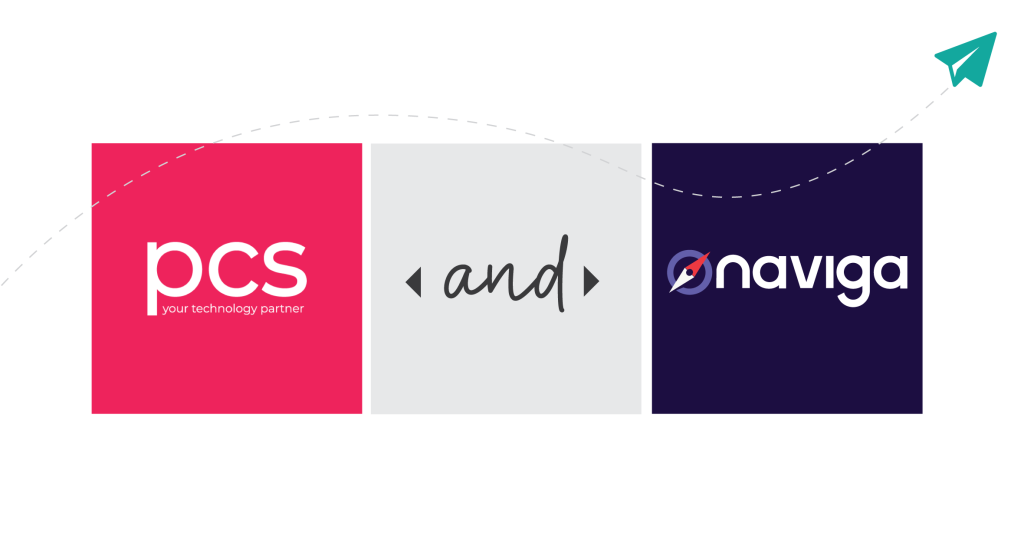Imagine finding a way of working that put you ahead of your competitors. A new system that made your teams more efficient and productive – at the same time give them a greater love of their jobs.
Now, would you keep your new way of working to yourself, and relish being the envy of your peers? Or would you put your research online, sharing your findings through a detailed webinar?
Thankfully Paul Bradley, chief content editor at the National Farmers Union, decided to do the latter and so information about how his editorial team has been transformed is available for everyone to hear about.

It is fantastic that someone, who is responsible for a portfolio of magazines with a print circulation of more than 100,000 as well as 100,000 online monthly unique users, has decided to tell all about what makes his team run so successfully.
Through the webinar he talks about how his ten multimedia journalists now have the time to focus on top quality content – hunting out and writing up the stories that make their publications stand out from the rest.
His tips on improving productivity and efficiency are:
1, Review your planning structures and systems.
This is a great place to start because if planning can be improved, this has a knock-on effect for the rest of the system. Paul found that his teams were creating several different plans, that were being shared on paper and by email. Editorial, design and production had different plans at different times, and everyone found it hard to have a live picture of what was going on at any given time. This led to confusion and a lot of time being spent on different processes. In the webinar he reveals how they changed this, using Knowledge Publish to create a streamlined approach to working that worked for every department.
2, Redesign workflows
Having an efficient workflow in place frees people up to use their creativity and spend more time on each job. Paul says he found that by making everyone’s roles and responsibilities clear, and by improving workflow, it has led to teams working better together and morale is at its highest. Paul and his teams at the NFU worked with PCS workflow expert Richard Mansell who looked at the processes they had in place. He helped them design a bespoke workflow plan, using our industry knowledge and expertise, that moves them forward. We didn’t want them to just use our industry-leading methods of production, we wanted to help them create a way of working that fitted in with their requirements.
3, Make photo sharing compulsory
This may seem like a no-brainer but a lot of publishing teams double-up when it comes to photography. Paul found that even though they had a media library, users weren’t being pushed to use it – it was treated as an extra resource for finding and storing photos. He discovered that a lot of photos were being kept in private folders, and this was leading to duplication. The NFU found that by getting more use out of the same set of photos they were being more productive and it was saving time and money. They recently were able to use editorial photos on an advertising campaign, whereas in the past each department would have hired a photographer to get the photos they needed.
4, Put digital at the heart of your content.
Publishing has evolved and editorial teams aren’t just focussed on print, but also on creating a slick online presence. They have had to adapt quickly, but often they haven’t had the technology in place to allow them to work at the pace needed to keep them ahead of the game. Paul says their old system used to see them taking up to two hours to get print stories and photos from one system over to the website or app. The changes they have put in place have meant the time spent on these processes has been cut dramatically. Also, they have given everyone access to the content meaning everyone is responsible for getting digital stories online quickly.
5, Delegate the big decisions to your team leaders and their teams.
One lesson that Paul says he has learnt is that asking his team meant he had a better insight into what needed to be changed. Often it turned out that there were just a few people trying to solve the problems, but they were able to learn a lot when they went to teams and their team leaders. Each publisher has a talented team behind them, and they often hold the answers to where things are going wrong and how they can be improved. Paul also reveals in the webinar how there were times when they had done the research but worried that the project was too big for them. He advised all publishers to have confidence in the work you have done and attack it – bite the bullet.
The webinar is not just interesting, but it is filled with tips and advice on how to get a publishing team working at its best. Those who log on to the webinar will see there are easy quick wins for all teams that can be put in place straight away, as well as planned and researched changes that release blockages in the workflow and lead to greater productivity.
The fact that Paul says that team morale is the highest it has ever been says it all – we know here at PCS that happy workers create a productive workforce. Our systems help to ensure that everyone is working at their best – we were thrilled to sponsor this webinar, and help Paul spread the joy of being a partner with PCS.





